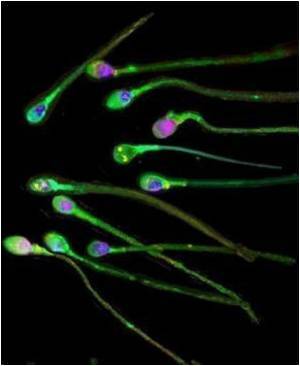
The research revealed that saturated fat blocks the cell membranes at the molecular level, causing abnormal cell signalling that ultimately throws basic metabolism out of whack.
According to the research conducted at the University of California, San Diego, saturated fats tend to be solid at room temperature as they contain fatty acids that are saturated with hydrogen atoms and the carbon atoms are bonded to as many hydrogen atoms as possible, whereas unsaturated fats contain fatty acids with a lower ratio of carbon to hydrogen, Live Science reported.
For more than a decade, researchers have known that saturated fats activate enzymes associated with developing insulin resistance and atherosclerosis, or clogged arteries, unsaturated fats can block these enzymes within our cells and the enzymes, called Jun kinases, work at a subcellular level.
Working on this prior knowledge, a UCSD team led by Michael Karin speculated that something in cell membranes must be able to differentiate between saturated and unsaturated fats, activating or deactivating Jun kinases and in their new study, the team ultimately identified yet another enzyme, called c-Src, which resides within a cell membrane.
Saturated fats actually smother and push c-Src deeper into the cell membrane, to regions that are more rigid, where it accumulates and turns into an activated form that then triggers Jun kinases to start working, setting into motion the chemical reactions behind insulin resistance and circulatory disease.
Advertisement
The study has been published in the 30th September issue of journal Cell.
Advertisement













